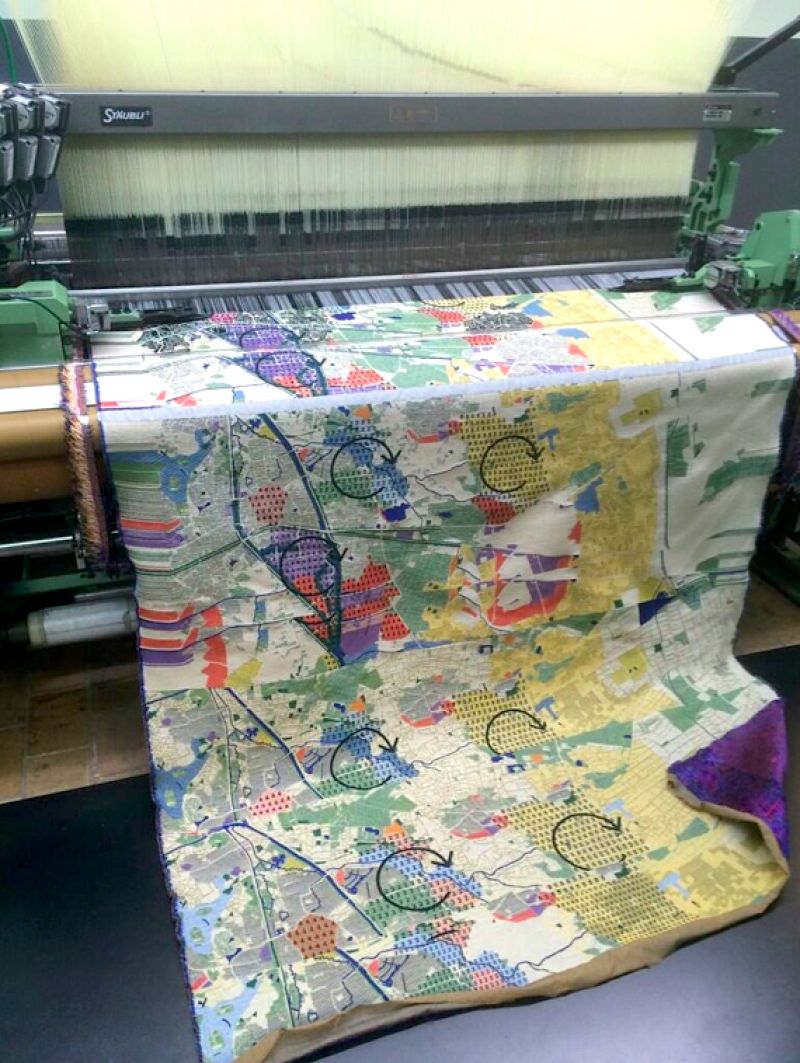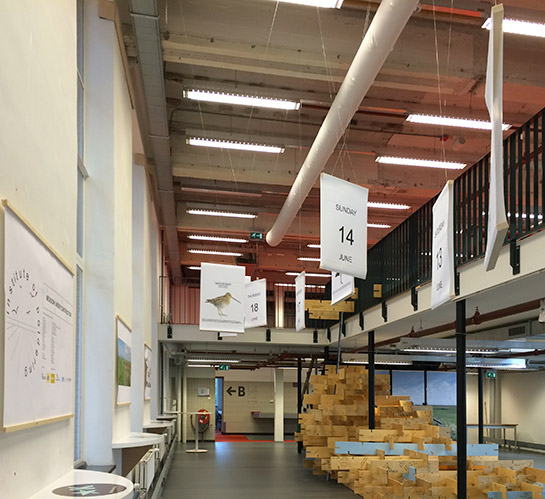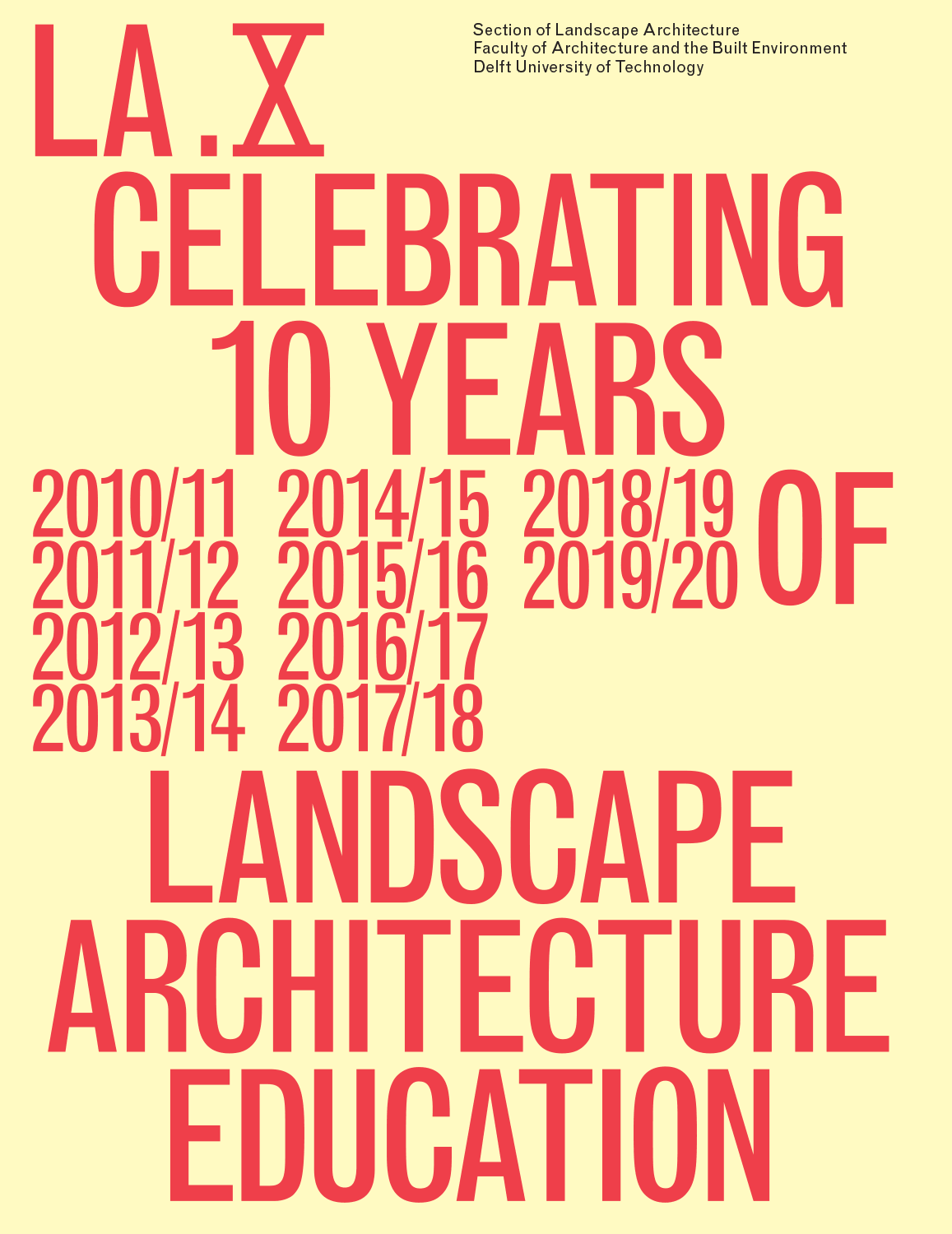To close this semester two exceptional How Do You Landscape? lectures are coming up next week:

Dr. Klaske Havik is a associate professor of Architecture, Methods and Analysis at TU Delft. She studied architecture with specialization landscape in Delft and Helsinki, and literary writing in Amsterdam. At Delft University of Technology, she teaches and develops master diploma studios as well as courses in experimental research and design techniques, focusing specifically on creative writing. Her book ‘Urban Literacy, Reading and Writing Architecture’ (Delft 2014) proposes a literary approach to architecture and urban planners. Havik is one of the initiators and contributors of the blog writingplace.org, and of the 2nd international conference on Architecture and Fiction: ‘Writingplace. Literary methods in Architectural Research and Design’ (Delft 2013). Klaske Havik writes regularly for architectural and literary magazines in the Netherlands and Nordic countries and is an editor of OASE, Journal for architecture. This January Architectenweb awarded her as ‘Architect of the Year 2014’ in the category “Small” for her research work.
In her lecture, she will argue that literary writing offers fruitful and productive methods for landscape research and design. The gaze of the literary writers provides ways to address seemingly opposite notions such as subject and object, author and reader, reality and imagination. Indeed, literature deals almost by definition with subjective experience and may give objects and places identity; it experiments with the interactivity between the writer who initiates a story and the reader who co-produces it; it balances between a given reality and the imagination of other possible situations.
Using the three ‘scriptive’ perspectives of ‘Urban Literacy’, ‘Terristories’ as an interdisciplinary approach, connects architectural and landscape design to literary techniques in order to achieve site-specific, sustainable development strategies. ‘Terristories’ build awareness of the sources of the earth (‘terri’tory) to literary instruments (‘stories’). A story uses narrative and fiction to connect activities and events to the spatial setting of the territory.

Prof. Dr. Lisa Diedrich is a professor of landscape architecture at the Swedish University of Agricultural Sciences in Alnarp, Malmö. She studied architecture and urbanism in Paris, Marseille and Stuttgart, science journalism in Berlin, and landscape architecture at the University of Copenhagen, where she received her doctoral degree. Since 1993, she has been running her own office in Munich, working as consultant and critic, and since 2006 as editor-in-chief of the book series ‘Landscape Architecture Europe’ ( ‘Fieldwork – On Site – In Touch – On the Move’ ) and of ’scape the international magazine for landscape architecture and urbanism’. From 1993 to 2000 she was also an editor of Topos European Landscape Magazine. From 2000 to 2006 she worked as personal consultant to Munich’s chief architect at the city’s public construction department. Since 2007 she has been dedicating her career to academia, teaching and researching in the field of contemporary European landscape architecture for universities in Germany, the Netherlands, Spain, Italy, Great Britain, Norway, Denmark and Australia.
Her thesis ‘Translating Harbourscapes’ (Copenhagen 2013) investigates site-specific design approaches in contemporary harbour transformation. The integration into the urban fabric of disused harbour areas, those spatial leftovers of late 19th- and 20th-century heavy industry, is a major task of contemporary urban planning.
This thesis explores new site-specific ways to transform harbours, where certain design approaches integrate the site into the urban fabric by making use of that which already exists on a harbour site.
Among other European design projects she scrutinised the Port’s Visual Quality Programme in Rotterdam. Game rules for site-specific design are proposed for all actors involved in harbour transformation. The study introduces translation as a powerful metaphor for the way existing qualities of a site can be transformed, rather than erased or rewritten, to foster new design ideas for old harbours.
26.06.2015 16h00 –18 h00
Public lectures, free entrance
TU Delft Faculty of Architecture, building 8 – Julianalaan 134
Room 02 west 600, Landscape Architecture Studio



